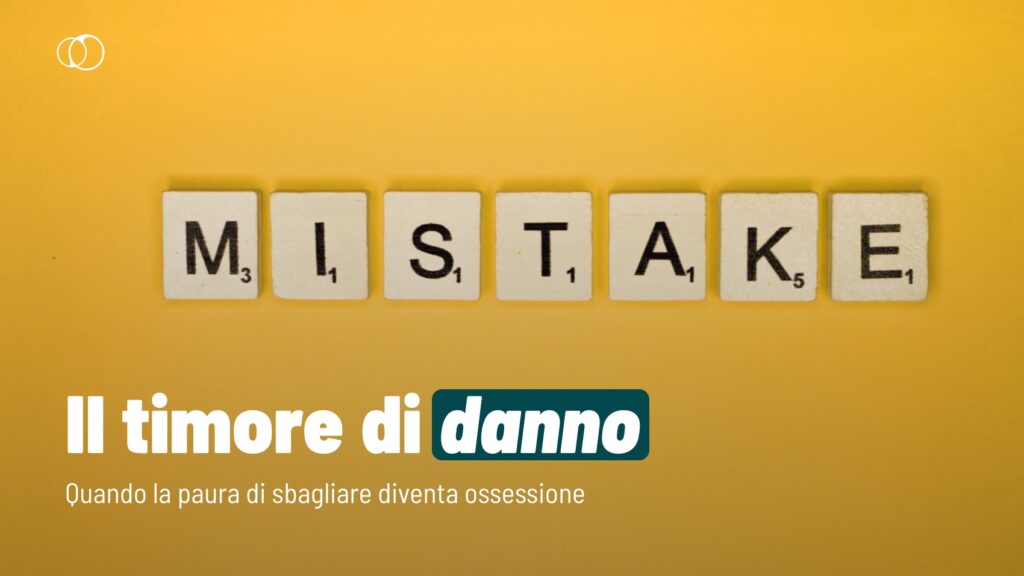
What is the fear of damage?
Some people frequently live in their daily lives with the anxiety and fear of being able to damage someone or something, with the consequent intense guilty of themselves.
What is it about? It is the fear of damagewhich in the field of mental health and psychopathology constitutes a significant aspect in some forms of obsessive compulsive disorder.
But how some situations are experienced by individuals who experience a high fear of damage?
Some circumstances or actions that can generally be considered normal and/or automated, actually become a source of doubt and the subject of attentive hyperfocalization.
Il fear of damage It is often linked to the fear of causing unintentional damage due to alleged little attention, imperfection and superficiality. The person hyper-responsible, not contemplating the possibility of making mistakes, imagining catastrophic scenarios in the case of error and attributing extreme negative judgments: “If I do not immediately answer the message of a friend, he will feel excluded, I am a bad person, I feel guilty”.
When the fear of damaging becomes part of everyday life
Let’s see some other example. While a person leaves the house, like every morning, he starts to question … “Will I have detached the pc’s grip?”, “Will I have closed the window well?”.
If you analyze in detail the consequent thoughts that quickly arise in cascade in the mind we will probably find traces of the fear of damage: “If I have not closed the window, if a storm came, it would enter the house and I would do damage to my parquet”.
What weighs, in addition to the material damage, is an emotional discomfort, an mandatory judgment that comes on the self: “It would be the demonstration that I am superficial and inattentive (and I cannot tolerate it)”. Afflicted by the doubt to turn off the brooding thought of uncertainty, the person returns to the room and checks that he has closed the window well.
The sense of exaggerated responsibility, the fear of damage and the overestimation of the threat are evident in the thoughts of those who are affected: “I must predict and prevent the damage; if I had to cause damage, it would have catastrophic consequences, it would be intolerable, I would feel guilty for not having avoided it or for having caused it, because of my superficiality or inattention”.
Another rather classic example is the fear of damage while you are driving. If I’m driving, a cat goes through the road, but I can curb in time and see the animal run away on the side of the road. Continuing my path along the road, in the mind the doubt arises: what if I had actually invested the cat? It is an obsessive doubt that is based on the need for absolute certainty and on the distrust of our senses and towards our memory (I will have seen well? Will I remember well what has just happened? And if I had not noticed that I had actually invested it?). If the mind gives in to obsessive doubt, turn the car and ready away, you go back full of anxiety to check that there has been no damage. This behavior (going back) is a compulsion that responds to the need for control and absolute certainty of not having caused any damage. It is a question of need for control and intolerance of uncertainty.
The role of hyper-responsibility in the DOC
In the literature it is highlighted how hyper-responsibility plays a significant role in the debut and maintenance of obsessive-compulsive disorder. Some studies highlight that in the general population the fear of guilt and the high sense of responsibility are associated with the tendency to develop obsessions and compulsions (Rachman et al., 1995; Rhéauume et al., 1995).





